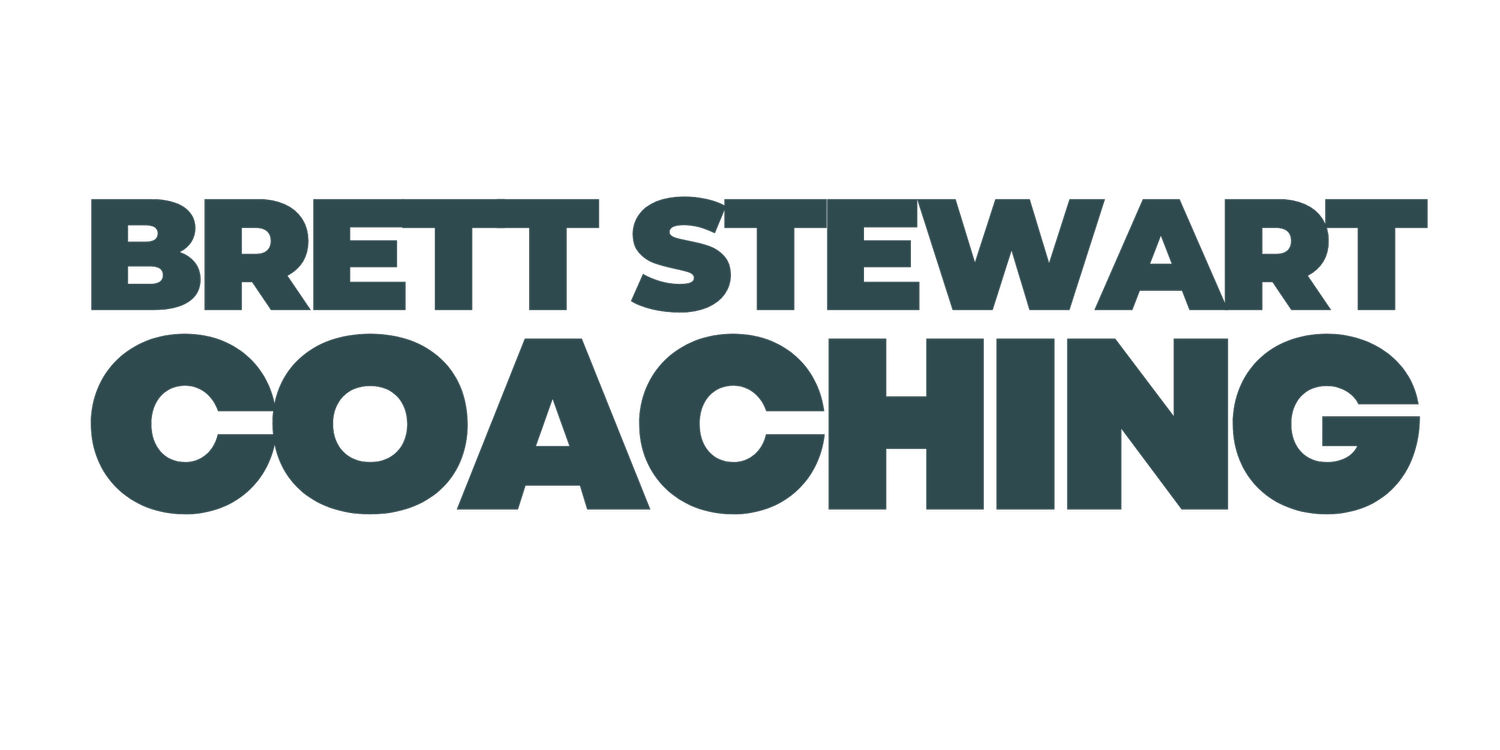Samuel Bankman-Fried, Elizabeth Holmes, Bernie Madoff: modern-day con artists who collectively stole $30 billion. A common thread in their stories is their investors committed vast sums of money with little or no due diligence. These were primarily institutional investors, people in the business of investing money. How could they be so careless?
Behavioral Economists will tell you much of the blame lies in a cognitive bias called the Superiority Bias or Illusory Superiority, the tendency we all share to overrate our abilities. “I know due diligence is important, but I’m smarter than most. If this deal were bad, I’d know it in my gut, so it only makes sense that I invest now.” Before you criticize, you need to accept the fact that you suffer from the same bias in many areas of your life. It doesn’t make you a narcissist or bad person; it just makes you human. Studies have repeatedly shown that in everything from intelligence to communication skills to driving ability, and even the ability to know if we suffer from this very bias, 70% to 80% of us believe we are above the mean and median compared to others, a mathematical impossibility.
Please don’t misunderstand me. If you’re an entrepreneur you definitely have superpowers, but there’s at least one area where the Superiority Bias makes you overconfident: project planning. The bias fools you into thinking you’ll be able to avoid or easily overcome obstacles most people encounter when they execute projects. That’s usually not true, so next time you frame up a project, try this:
Close your eyes and get a vision of how great it will be when you’re successful. “When our new incentive comp system is implemented, our producers will be crystal clear on how their commission is calculated, and they’ll be incented to grow their books and improve client satisfaction.”
Then list the obstacles that could prevent you from achieving that envisioned state (your mind will likely go there on its own). “We don’t have the ability to capture the data we need, we’re struggling with the trade-off between simplicity and accuracy, the transition from the old system to the new one will be tricky…” Don’t be afraid to build a lengthy list of obstacles - attacking them is often the shortest path to success.
Identify any second-order effects, unintended consequences that might occur after you successfully execute the project. “The new system will encourage our producers to grow their books, but it might disincentivize our long-time producers that don’t want to work any harder.”
Those three simple steps will help you push against your overconfidence and run a much better chance of bringing your project in on time, on budget, and with the results you want.
The Superiority Bias is just one of thousands of things you need to identify and protect your business from. When you implement EOS™ you take 80% of the noise out of the organization, so you have head space to do just that.
I hope your holidays are blessed and safe. I’ll be on the road a lot, but no worries - I’m way above average in driving ability!
